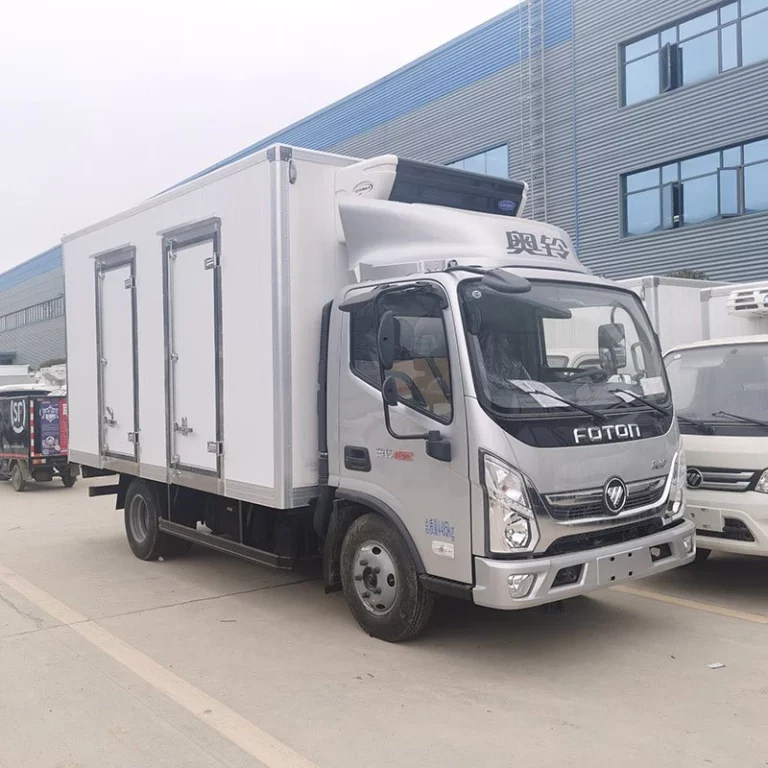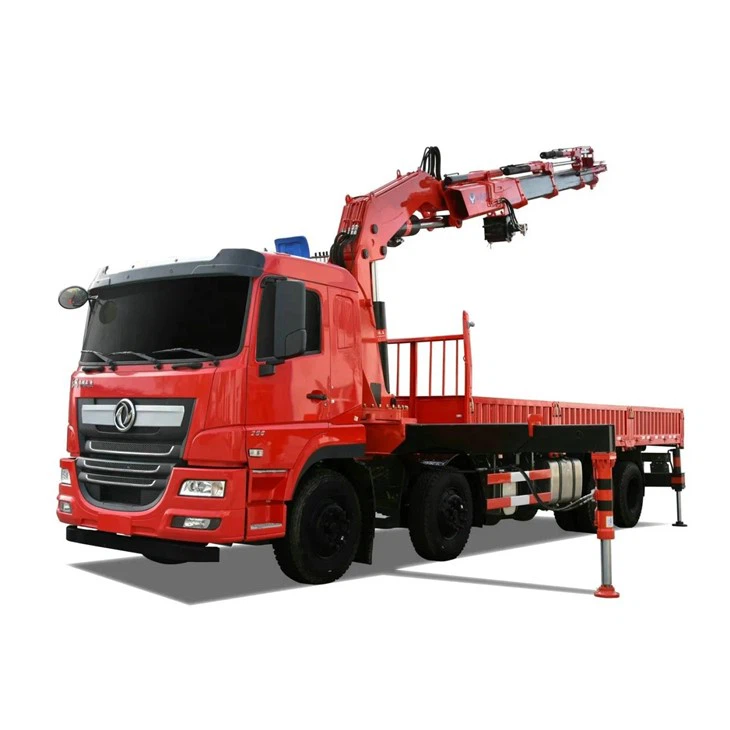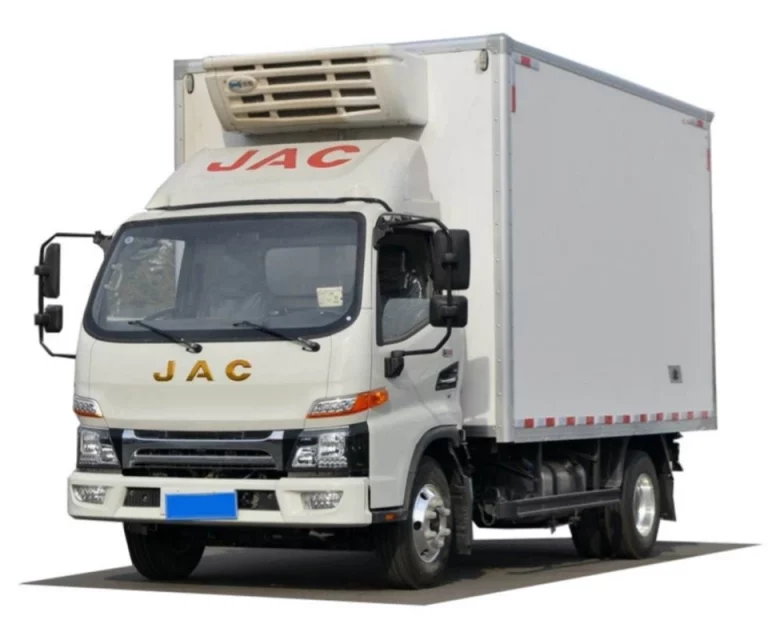Introduction
In an age where cleanliness is paramount, the role of sanitation trucks has become increasingly significant. These specialized vehicles are essential for waste management and municipal sanitation operations. Whether you’re a city planner, a waste management company, or an individual looking to invest in sanitation vehicles, understanding the intricacies of sanitation trucks is crucial. This article delves into the varied aspects of sanitation trucks for sale, offering insights into their types, features, purchasing tips, and more.
Types of Sanitation Trucks
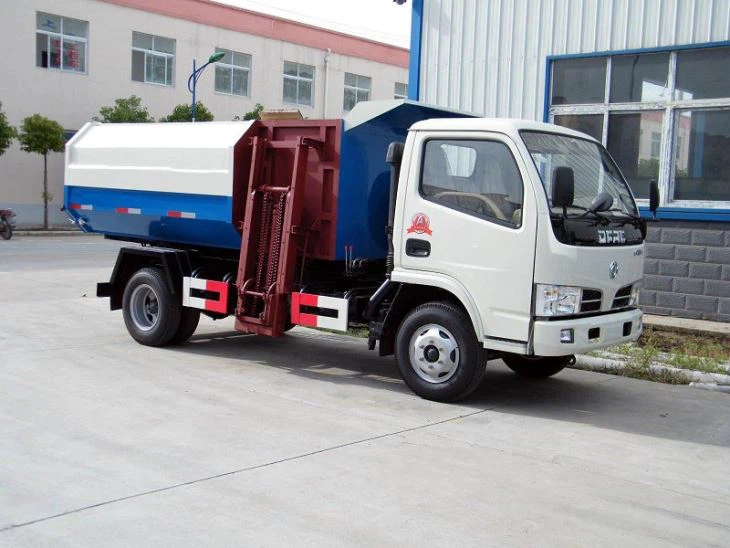
Sanitation trucks come in various shapes and sizes, each tailored to specific waste management needs. Here are the most common types:
1. Front Loader Trucks
Front loader trucks are designed for efficient waste collection from commercial and industrial premises. They feature large containers that can be lifted from the front, allowing for quick load times.
2. Rear Loader Trucks
Rear loader trucks are the most commonly seen in residential areas. They have an opening at the back where waste is loaded, making them ideal for collecting garbage from individual households.
3. Side Loader Trucks
These trucks operate with a mechanical arm that extends from the side to lift bins. They are perfect for areas with narrow streets where larger vehicles cannot maneuver.
4. Vacuum Trucks
Vacuum trucks use suction to clean up liquid waste and sludge. They are essential for maintaining cleanliness in areas like sewer systems and industrial sites.
5. Refuse Collection Vehicles (RCVs)
RCVs are versatile trucks that can be equipped with different types of bodies, making them suitable for various waste types, including recyclables.
Features to Consider When Buying Sanitation Trucks
When looking for sanitation trucks for sale, various features can influence your buying decision. Here are essential features to consider:
1. Load Capacity
The load capacity of a sanitation truck is crucial in determining how much waste it can carry. Common capacities range from 12 to 30 cubic yards, depending on the type of truck.
2. Engine Type
Most sanitation trucks run on diesel engines, known for their power and endurance. However, alternative fuels, such as compressed natural gas (CNG), are gaining popularity for environmentally-conscious operations.
3. Build Quality
Durability is vital for sanitation trucks since they operate under tough conditions. Look for trucks with high-quality materials and robust construction.
4. Ergonomic Design
An ergonomic design not only enhances operator comfort but also increases operational efficiency. Features like adjustable seating and user-friendly controls are important.
5. Safety Features
Safety is paramount when choosing sanitation trucks. Essential safety features include rear-view cameras, sensor systems, and reflective markings to enhance visibility.
Popular Manufacturers of Sanitation Trucks
Several manufacturers are well-known for producing high-quality sanitation trucks. Here’s a breakdown of some leading brands:
1. Volvo
Volvo offers a range of sanitation trucks renowned for their fuel efficiency and reliability. They have a solid reputation in the waste management sector.
2. Mack Trucks
Mack specializes in heavy-duty trucks, including refuse collection vehicles. Their trucks are known for their sturdy construction and powerful engines.
3. Peterbilt
Peterbilt trucks combine style and functionality, providing advanced safety and ergonomic features while maintaining high performance.
4. Kenworth
Kenworth offers a selection of sanitation vehicles that cater to various needs, with a focus on durability and operational efficiency.
5. International
This brand provides versatile and reliable sanitation trucks suitable for municipal waste management and commercial use.
Factors Influencing the Cost of Sanitation Trucks
The price of sanitation trucks can vary widely. Here are the main factors that affect costs:
1. Type of Truck
The type of sanitation truck significantly impacts the price, with front loaders typically costing more than rear loaders due to their advanced technology.
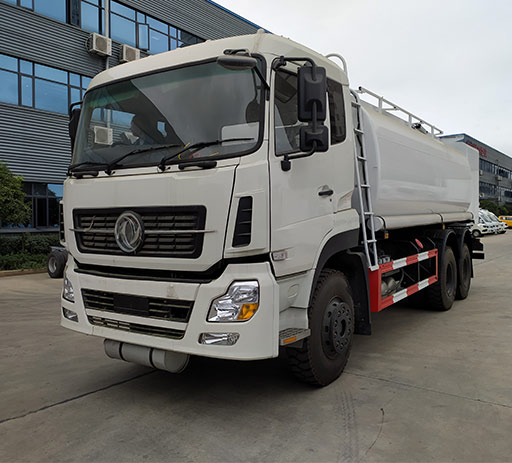
2. New vs. Used
New trucks generally come with higher price tags, but used trucks can provide significant savings. However, consider the condition and maintenance history of used vehicles.
3. Customization
Customization options, such as special hydraulic systems, additional storage compartments, or unique color schemes, can raise the price of sanitation trucks.
4. Manufacturer Reputation
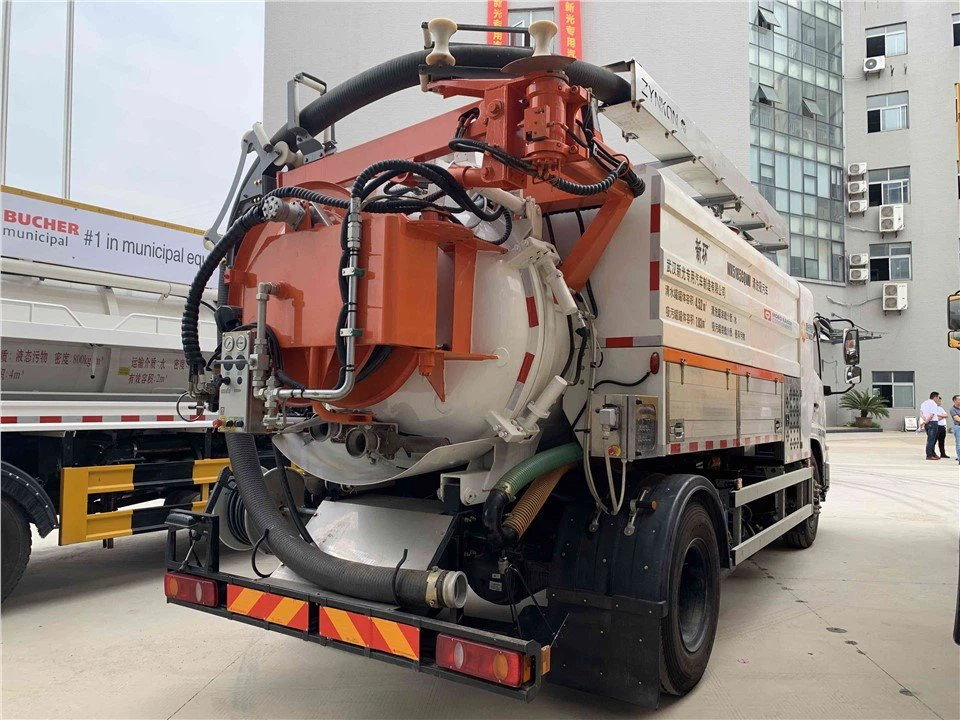
Popular manufacturers with trusted reputations might charge a premium for their sanitation trucks due to brand value.
Where to Find Sanitation Trucks for Sale
Finding the right sanitation trucks for sale can be challenging. Here are practical avenues to explore:
1. Online Marketplaces
Websites like eBay, Craigslist, and specialized trucking websites often list new and used sanitation trucks. Ensure you conduct thorough research before making a purchase.
2. Manufacturer Websites
Many manufacturers have dedicated pages for their sanitation trucks, allowing you to see their entire inventory, including specifications and pricing.
3. Auctions
Bidding at auctions can be an excellent way to find sanitation trucks at competitive prices. Keep an eye on government and municipal auctions for surplus vehicles.
4. Local Dealerships
Local truck dealerships often carry new and used sanitation trucks and can provide insights into financing options and warranties.
Tips for Buying Sanitation Trucks
To ensure you make a sound investment when buying sanitation trucks, consider the following tips:
1. Assess Your Needs
Before beginning your search, outline your specific requirements, including truck type, load capacity, and other operational needs.
2. Test Drive the Truck
Never purchase a truck without first taking it for a test drive. Pay close attention to the handling, braking, and overall comfort.
3. Inspect for Wear and Tear
If buying used, perform a detailed inspection to check for signs of damage, rust, and mechanical failures. Consider hiring a mechanic for a professional assessment.
4. Review Maintenance Records
For used trucks, obtain maintenance records to gauge how well the previous owner took care of the vehicle.
5. Evaluate Financing Options
Explore financing options through banks, credit unions, or dealer financing to find a plan that works within your budget.
Maintenance of Sanitation Trucks
Regular maintenance is essential for the longevity and performance of sanitation trucks. Here are critical maintenance tasks:
1. Routine Inspections
Conduct routine inspections to identify potential issues early. Check brakes, tires, lights, and hydraulic systems regularly.
2. Engine Maintenance
Follow the manufacturer’s recommendations for oil changes, filter replacements, and engine tune-ups to keep the truck running smoothly.
3. Cleaning
Keeping sanitation trucks clean is essential for hygiene and overall aesthetics. Regularly wash the exterior and interior as well as the container.
4. Address Repairs Immediately
Promptly address any issues to prevent further damage or costly repairs down the line.
Frequently Asked Questions (FAQ)
1. What are sanitation trucks primarily used for?
Sanitation trucks are primarily used for waste collection and disposal, including residential, commercial, and industrial waste management.
2. How much do sanitation trucks typically cost?
The cost of sanitation trucks can range widely, from $20,000 for used models to over $300,000 for new, specialized vehicles.
3. What factors should I consider when choosing a sanitation truck?
Consider factors such as load capacity, engine type, build quality, safety features, and your specific waste collection needs.
4. Are there eco-friendly sanitation trucks available?
Yes, many manufacturers offer sanitation trucks that run on alternative fuels like compressed natural gas (CNG) or biodiesel, aimed at reducing environmental impact.
5. Can I customize my sanitation truck?
Yes, many manufacturers offer customization options, allowing you to tailor the truck’s features to meet your specific operational requirements.
6. How often should sanitation trucks undergo maintenance?
Regular maintenance schedules typically recommend inspections every 3 to 6 months, with more intensive servicing annually or based on usage.
